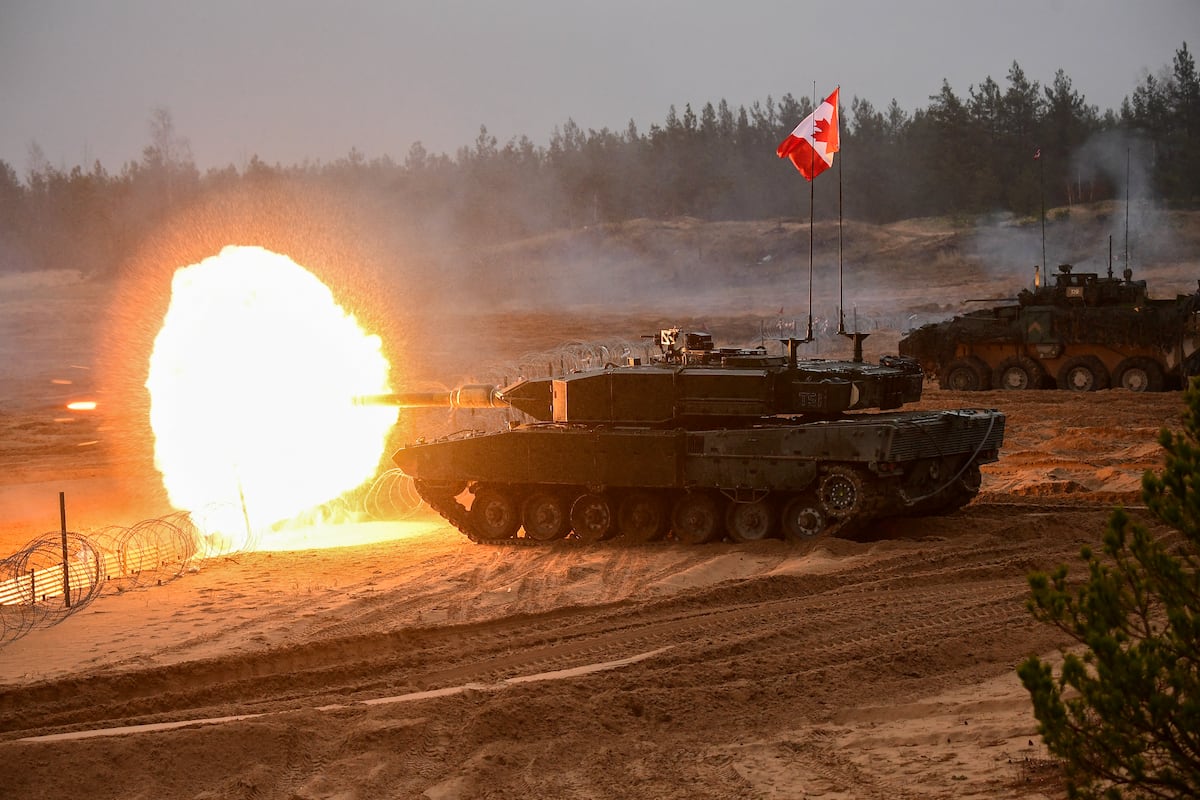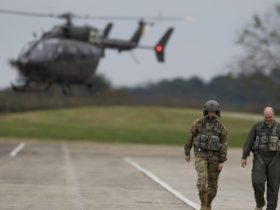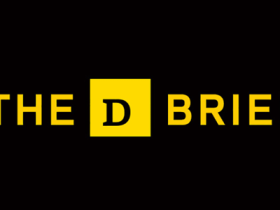BERLIN — Europe’s defense and autonomy were front and center in Wednesday’s State of the European Union address by Commission President Ursula von der Leyen.
In a combative speech that was interspersed with applause and some jeers from the far right, she characterized the present time as “Europe’s independence moment” and unveiled a series of new EU initiatives to strengthen the continent.
Among the measures is a “drone alliance” that the EU will form with Ukraine. The €6 billion ($7 billion) program is designed “so that Ukraine keeps its edge, and Europe strengthens its own,” Von der Leyen said.
She pointed to Ukraine’s drone-warfare revolution, having gone from few such weapons to unmanned systems now accounting for over two-thirds of Russian equipment losses on the battlefield, she said.
Von der Leyen, who serves as the head of the EU’s executive branch, announced a series of additional measures, including a “drone wall” to protect the 27 member countries from aerial incursions coming from Russia.
Last night, in a dramatic escalation, roughly a dozen Russian drones entered Polish airspace, with one residential building reportedly damaged.
“There is no doubt: Europe’s eastern flank keeps all of Europe safe, from the Baltic Sea to the Black Sea,” said Von der Leyen, unveiling a new project she dubbed Eastern Flank Watch.
“This means providing Europe with independent strategic means,” the commission president said, including real-time space surveillance capabilities to detect troop movements. There should not be “any ambiguity about our intentions,” Von der Leyen said: “Europe will defend every inch of its territory.”
Von der Leyen also announced new “reparation loans” to support Ukraine, coming from Russian assets frozen in European bank accounts. The loan is to be backed by cash balances – interest and investment returns – and profits generated from frozen Russian assets, not the assets themselves.
The EU has approximately €210 billion ($246 billion) in Russian Central Bank assets immobilized within its borders. These frozen funds generate interest and investment returns that typically yield €2.5 to €3 billion ($2.9 to 3.5 billion) annually.
Ukraine will only be expected to repay this loan once it receives Russian reparations, according to Von der Leyen’s plan.
Europe has already provided €170 billion ($199 billion) in military and financial aid to Ukraine.
Meanwhile, Von der Leyen also announced a tougher stance on Israel for its actions in the Gaza Strip.
“The commission will do all that it can do on its own,” she said, a nod to bypassing EU infighting. The plan is to put bilateral support to Israel on hold and propose sanctions on extremist government officials and violent settlers, as well as a partial suspension of the association agreement on trade-related matters, Von der Leyen said.
The announcement was followed by cheers and some jeers. A large part of the parliamentarians she was addressing, particularly those on the left, wore red as a sign of solidarity with Gazans.
Linus Höller is Defense News’ Europe correspondent and OSINT investigator. He reports on the arms deals, sanctions, and geopolitics shaping Europe and the world. He holds a master’s degrees in WMD nonproliferation, terrorism studies, and international relations, and works in four languages: English, German, Russian, and Spanish.
Read the full article here








Leave a Reply